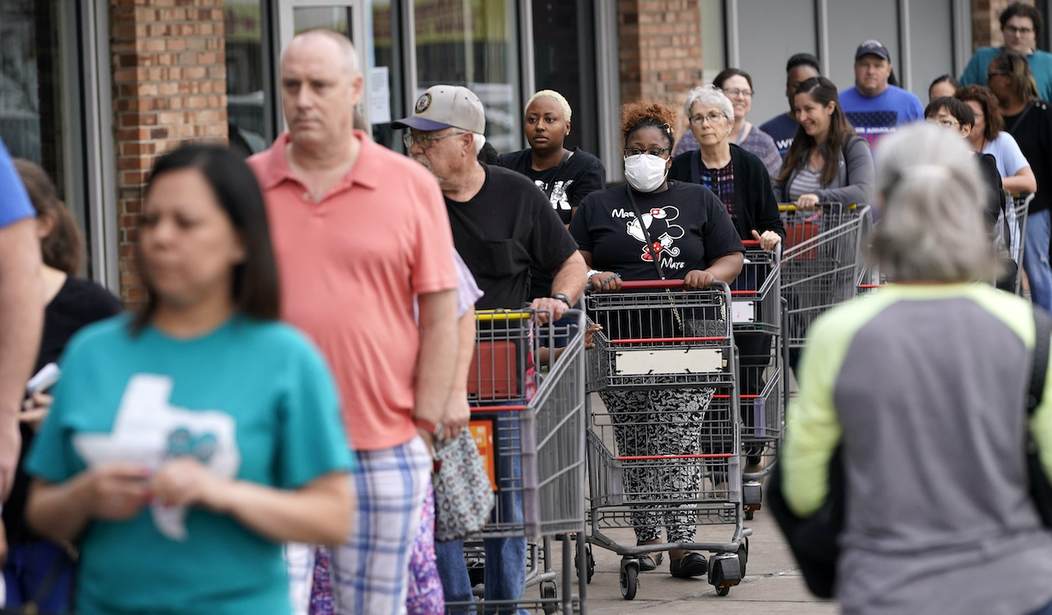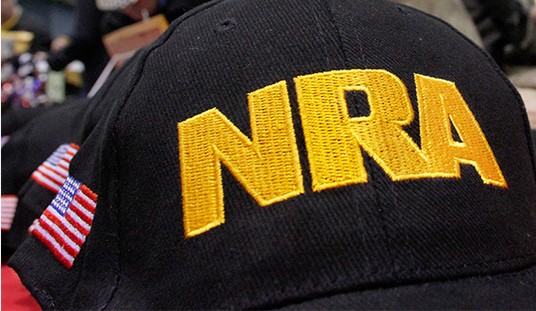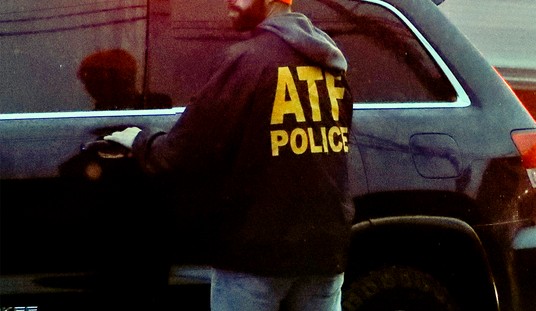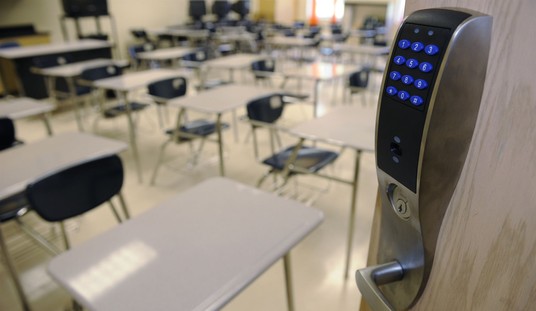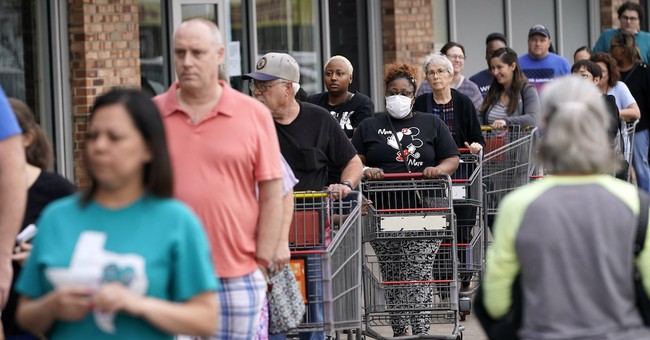
A lot of people are making trips to their local supermarkets and feeling a little weird. We’re used to 15 different varieties of paper towels and a like number of brands of toilet paper. The pictures from my own trip to the store yesterday is pretty illustrative, from what I’ve been able to tell.
The empty shelves may well be driving the massive spike in gun sales as many people have become concerned with protecting them and theirs from potential hordes looking for supplies should things get even more out of hand than they already are.
It’s likely that any such shortages won’t be over toilet paper, though. Instead, it’ll be about food.
Is that really likely, though? Could we experience food shortages?
According to Kroger’s CEO, not really.
The head of the nation’s largest supermarket operator essentially described the current food shortages in many locations as strictly a logistics problem. The grocery chain has the items stores lack in its pipeline. It just has to get them to where they are needed.
“We asked President [Donald] Trump and Vice President [Mike] Pence to let people know there’s plenty of food and plenty of things in the supply chain,” [Kroger CEO Rodney] McMullen told the newspaper. “And as long as customers just buy what they need and don’t hoard, there will be no problems at all — there’s plenty of food in the supply chain.”
Amazon executives have made similar comments, and shortages have already eased in some areas. But they remain acute for some items in others.
That is, of course, true. There’s a lot of stuff in the warehouses and in trucks.
However, it doesn’t do people a damn bit of good there unless someone opens the doors and sets up a cash register so people can buy it there. Otherwise, it might as well not even exist until it appears in your local store.
It should also be noted that while McMullen isn’t sounding any alarms, others are.
“We’ve been busy over the last few days,” said Julia Purdue, director, Cooperstown Food Pantry. “We’re seeing people come in from the Northern part of the county, but we’ll serve anybody at least once.”
Purdue said that while there is plenty of food to go around, they are facing a shortage of bread and fresh produce. “Ours comes from Price Chopper, and they’re running low themselves,” she said. “We normally let our clients come in once a week for that, but now, we have to limit it to once a month.”
The food pantries get a lot of their goods from local grocery stores, those same stores that don’t have a lot to put on their own shelves. Again, warehouses full of groceries don’t really help put food in people’s pantries.
Also, it’s important to note that while we look at warehouses and being massive–and they are–those supplies aren’t really as vast as they may seem. Sure, a warehouse full of toilet paper might be more than you or your family could use in a lifetime, but how many other people will be drawing from those same stocks? Each person creates more and more of a draw on those resources.
As the virus continues to spread, we’re likely to see our own manufacturing stopping in an effort to try and stop the disease in its tracks. That will create a potential problem as well.
Let’s give the government some credit, though. It seems the Trump Administration recognizes how the government might slow down the process of putting food on shelves and is taking action.
The Food and Drug Administration is suspending routine surveillance inspections of U.S. facilities, citing concern for its staff and the state contractors who conduct the plant checks, the agency announced Wednesday as the COVID-19 crisis worsens across the United States.
“These are facility inspections the FDA traditionally conducts every few years based on a risk analysis,” FDA Commissioner Stephen Hahn said. “Importantly, all domestic for-cause inspection assignments will be evaluated and will proceed if mission-critical.” The inspections are typically conducted by employees of state agencies under contract with FDA.
“A ‘for-cause’ inspection [investigates] a specific problem that has come to FDA’s attention,” according to FDA.
FDA also said facilities would temporarily not be subject to unannounced inspections.
USDA’s Food Safety and Inspection Service emphasized that it is continuing with its meat, poultry, and processed egg inspection services.
Let’s be clear here, if there was absolutely no threat to our food supply from the disease, it’s unlikely we’d see such an extraordinary step. With luck, this will be enough to prevent those potential shortages.
Right now, there’s food. That’s good because if there’s food, then people will be relatively content.
If there are shortages, though, things could get dicey.
While I can’t say one way or another if there will be shortages beyond what we’re already seeing, I can say that much of it will depend on the duration of the current emergency. If shortages do happen, though, some of those new gun buyers we’ve been reading about? They’re going to be really glad they bought those firearms.

